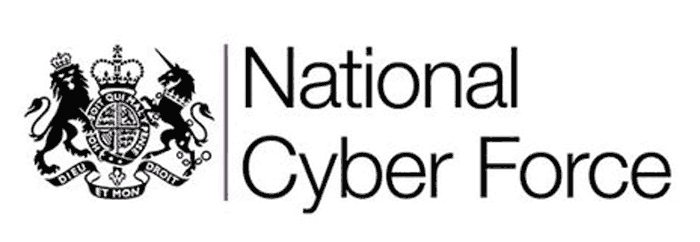Yesterday the UK government announced a new tranche of defence spending. The headline total of £16.5 billion of 'new money' will be used over the next four years to help keep British people safe asserted PM Boris Johnson. The investment would also safeguard "hundreds of thousands" of jobs and create 40,000 new roles, reported the BBC.

What has the above got to do with computers and information technology? Well, in a speech about the defence spending review the PM announced a partnership between the GCHQ and Ministry of Defence (MoD) has created a new National Cyber Force (NCF). This force will conduct cyber operations "to disrupt hostile state activities, terrorists and criminals threatening the UK’s national security," we were told. A typical task of the NCF might be to counter a terror plot or support a military operation. It seems like cyber has been properly recognised for its intelligence, tactical, and military potential. Ahead of the formation of the NCF the UK's various security agencies are known to have been conducting cyber operations from 2016.
Interestingly, some specific examples of tasks that the NCF might be engaged in include:
- interfering with a mobile phone to prevent a terrorist from being able to communicate with their contacts;
- helping to prevent the internet from being used as a global platform for serious crimes, including sexual abuse of children and fraud; and
- keeping UK military aircraft safe from targeting by hostile weapons systems.
A press release published by the government said that the core of the NCF is staffed by personnel from the likes of GCHQ, the MoD, the Secret Intelligence Service (MI6) and the Defence Science and Technology Laboratory (Dstl) under a unified command.
General Sir Patrick Sanders of Strategic Command was quoted as comparing the NCF's formation to defend cyberspace to the birth of the RAF to defend our airspace. "Today’s announcement of the formation of the National Cyber Force to defend the UK in cyberspace marks a similar milestone and the imperative is just as vital because cyberspace is the most contested domain where our adversaries and our allies will meet over the next decade and beyond," explained Sir Patrick.
The UK is committed to "using its cyber capabilities in a responsible way and in line with UK and international law," said the official government statement.
The National Cyber Force will transform the UK’s cyber capabilities to disrupt adversaries and keep the country safe.
— GCHQ (@GCHQ) November 19, 2020
With personnel from GCHQ, @DefenceHQ and @NCSC, it will enhance the UK’s position as a world-leading cyber power
https://t.co/38IIUsadQ9@10DowningStreet pic.twitter.com/xenbFcWJPC






